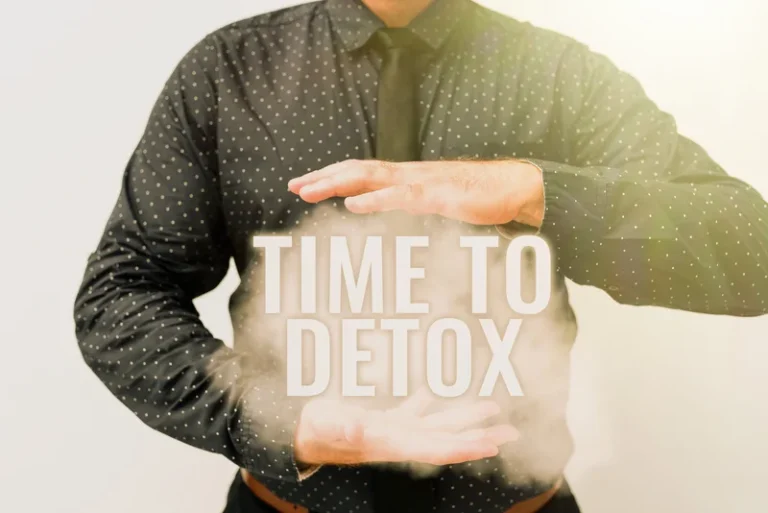
Encourage your partner to seek treatment if they’re ready, but also recognize that their journey is their own and they may need space or time before they’re ready to make changes. Above all, take care of yourself and don’t hesitate to reach out for help if you need it. First, it’s important to understand that alcoholism is a disease. It’s not a choice or a moral failing, but a complex and chronic condition that affects the brain and the body.
Alcohol addiction and child custody decisions

Speak with a mental health professional, like the councilors at the Harm Reduction Center, who offer resources and help for times like these. There are support groups that are made up of individuals in the same https://ecosoberhouse.com/ situation you are in. You are not alone and these fears will be dealt with whether you choose to leave or stay. Again, from an outsider looking in, it is much easier to say, “why don’t they just leave?
How Alcohol Addiction Affects Relationships

Prioritizing your own well-being is not only important for yourself – it also sets an example for your partner about the importance of self-care on the road to recovery. Dating or being married to someone who struggles with alcoholism can be incredibly challenging and stressful. Alcoholism can impact every aspect of a relationship, from communication to intimacy to shared responsibilities. Trust yourself and take the steps necessary to prioritize your own well-being. If you suspect that your boyfriend may have a problem with alcohol, it can be difficult to know what to do. It’s important to remember that you’re not alone and that there are resources available to help both you and your partner.
Staying Out Of Fear
- Dividing marital property and debts is one of the most challenging aspects of divorcing an alcoholic spouse.
- These are not just for the one struggling with addiction but for their family.
- Many people who drink heavily have untreated mental health conditions, such as anxiety or depression, or are carrying a history of abuse or trauma.
- However, the effects of alcohol can certainly make abuse worse.
- The behavior of any person who is abusing alcohol is unpredictable.
When this happens, all members should address the effects of alcoholism on themselves individually and as a family unit. Sometimes this means attending Al-Anon meetings, leaving an alcoholic while other times, it means removing yourself from the situation. Try not to enable your alcoholic spouse by excusing their behavior or caring for them when hungover.
- Additionally, people living with someone with AUD experience financial problems, problems at work, social isolation, and difficulty maintaining relationships with family and friends.
- The FHE Health team is committed to providing accurate information that adheres to the highest standards of writing.
- Sometimes there isn’t anything else you can do to help your loved one.
- Encouraging your spouse to embark on the journey of sobriety can be a delicate task.
When in a relationship with a spouse who has an addiction, your life is now consumed with their problems. You quite literally are playing damage control and cleaning up the messes they have created. You are also taking care of their health first, and this is all a full-time job.

If you’ve been in a relationship with an alcoholic, you know how difficult it can be. You might feel helpless, alone, or even responsible for their addiction. It’s important to remember that alcoholism is a disease and that you cannot control your partner’s behavior. These are all valid concerns, however, it is time to take your own happiness and well-being into consideration.
Got Questions? Your Financial Wingwoman is Here to Help
You may notice your spouse becoming increasingly irritated or anxious. This can lead to aggression or violence such as domestic abuse. As stated by the Centers for Disease Control and Prevention (CDC), excessive drinking can lead to short-term and long-term health risks. A spouse of an addict can choose to do nothing; it’s a common option but often a bad idea. Keep in mind that someone with alcohol dependence usually goes through a few stages before they are ready to make a change. Until they begin to contemplate quitting, any actions you take to «help» them quit will often be met with resistance.
With that in mind, here are seven tips that you must read, review, and remember to help you cope with your alcoholic spouse. Some people can have alcohol use disorder and experience very few if any of these things. Other people have several of these symptoms but do not have a problem with alcohol. In addition to treatment programs for people with AUD, there are also support options available to those living with someone with alcoholism. Ultimately, someone with alcohol use disorder must accept help if they want to recover.
